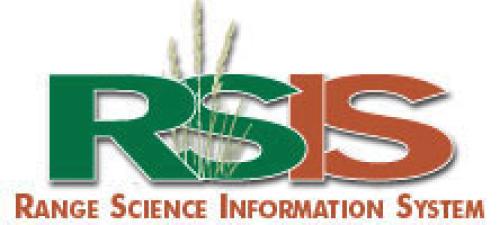Miller et al. measured the effects of timing of clipping on soil moisture, crested wheatgrass (Agropyron desertorum) regrowth and annual yield, to determine the grazing management that produced the most crested wheatgrass forage in the shrub steppe of Oregon. Early clipping did not affect soil water potential, however, clipping during the elevation of the apical meristem decreased soil water potential compared to earlier and later defoliated treatments. This decrease may alter competitive relationships in the vegetation community. Regrowth and total annual production were also related to timing of clipping. Regrowth was greatest when plant were clipped before elevation of the apical meristem and total annual production was lowest when plants were clipped during the early and late boot stages than any other phenological stage. Based on these results, the authors recommend grazing crested wheatgrass pastures before elevation of the apical meristem while grass is in the vegetative state to maximize annual production and regrowth for late season grazing. The authors did caution that although annual production was not directly related to precipitation levels it was lower in dry years and therefore management should adapt to climactic variations as well.

Citations and enhanced abstracts for journals articles and documents focused on rangeland ecology and management. RSIS is a collaboration between Montana State University, University of Idaho, and University of Wyoming.